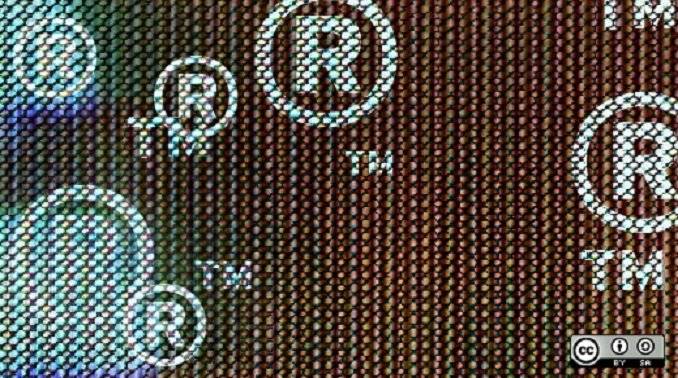In the previous blog post, we discussed Section 9(1) which laid down a few absolute grounds for refusal of registration of trademarks.
Today, we’ll explain in detail, Section 9(2) which states:
“A mark shall not be registered as a trademark if:
- It is of such nature as to deceive the public or cause confusion;
- It contains or comprises any matter likely to hurt the religious susceptibilities of any class or section of the citizens of India;
- It comprises or contains scandalous or obscene matter;
- Its use is prohibited under the Emblems and Names (Prevention of Improper Use) Act, 1950
Marks that have the potential to deceive the public or cause confusion shall not be registered as trademarks under the Trade Marks Act, 1999. Deception or confusion may arise due to similarities between the proposed mark and existing marks or might flow from something contained in the mark propounded for registration or might result from the nature of the use of the mark. This provision is primarily concerned with the deceptive nature of a mark due to something inherent in the mark or its use, such as nature, quality or geographical origin of the goods or services or any other matter constituting the mark. Hence, it is important to note that Section 9(2)(a) is only concerned with cases where deception or confusion arises from the nature of the mark itself and not based on similarity between marks. The primary object behind this provision is to safeguard the interest of the public. As a result, if a particular mark is misleading or false, it will be refused registration notwithstanding the fact that the applicant had acted in good faith [Boots Pure Drug Co.’s Ltd. Trademark, [1937] 54 RPC 327], or that there has been no opposition [Diamond T Motor Car Co.’s Application [1921] 38 RPC 373], or that there is consent [Dewhurst’s Appl. (1896) 13 RPC 288].
Section 9(2)(b) prohibits registration of a mark if it contains or comprises any matter likely to hurt the religious susceptibilities of any class or section of the citizens of India. This provision is necessary to be included as one of the grounds for refusal of registration of trademarks as it is common practice in India to use religious symbols and names and pictures of Gods and Goddesses as trademarks.
Marks containing scandalous or obscene matter are not permitted to be registered under the Act. Whether a mark is scandalous or obscene will be determined on a case-to-case basis and the burden of proof will be on the applicant to prove that it is not so by evidence and overcome objections. This is what has been stated under Section 9(2)(c) of the Trade Marks Act, 1999.
Finally, Section 9(2)(d) forbids registration of a mark if its use is prohibited under the Emblem and Names (Prevention of Improper Use) Act, 1950. This legislation prohibits the improper use of certain emblems and names for professional and commercial purposes.
We will be concluding Section 9 in the next post.



